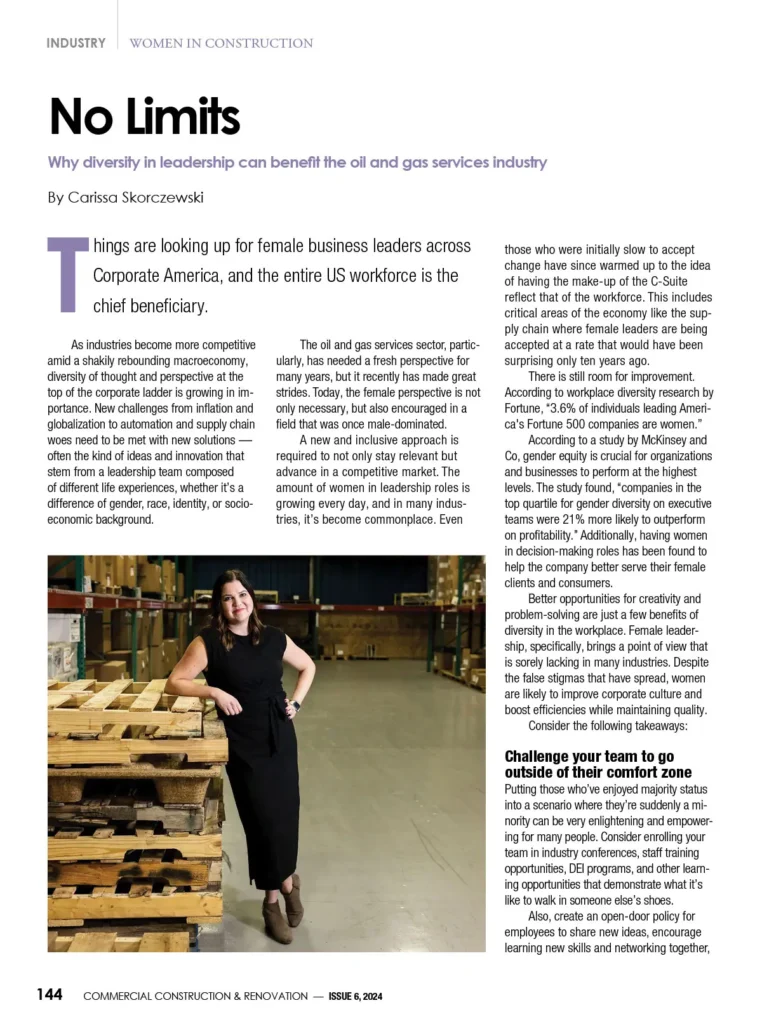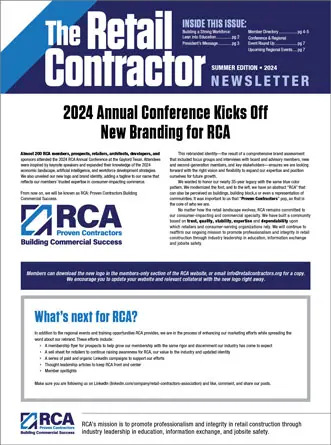Before we discuss the types of floor coatings, it is important that we take a short idea of what foods or coatings actually are. Floor coatings are protective layers of tough materials in places where there will be heavy use of heavy-duty vehicles or machinery or where corrosion is expected. It is a thick protective layer that protects the surface of warehouses, industrial floors, manufacturing houses, chemical plants, etc.
Types Of Floor Coating Materials.
Floor coatings come in many materials, but the top two most common and best coating materials are listed below. If you are trying to decide which type of floor coating is suitable for your needs, here’s a brief advantages and disadvantages comparison of the most popular floor coatings; polyurethane and epoxy. You can find all of these concrete sealers and coatings, a well-known company that provides premium quality floor coatings of any material you wish for. But which type of floor coating is most suitable for me? Find out!
Polyurethane flooring
Polyurethanes are thermosetting polymers by nature that are connected to the chemical group of carbamates.
Pros: Polyurethane does not melt in high-temperature circumstances. This type of flooring is suitable for areas that have moderate or heavy pedestrian traffic. The floor coatings are elastic and softer than epoxy coatings. This increased elasticity allows polyurethane floors more resistant to friction, abrasion, and scraping. This elastic nature of polyurethane also makes them suitable for below-freezing temperature environments. Lastly, polyurethane coatings have the quickest curing time! One day after application, polyurethane floors are ready for operation!
Cons: Although they have very alluring advantages, the biggest con of polyurethane coating is that it is sensitive to moisture. Blemishes can be noticeably visible if moisture attacks the floor. Tiny bubbles are formed and can make the floor unappealing.
Epoxy Flooring.
Epoxy coatings are made of epoxy resins and polyamine hardeners. Both the elements are reacted together to formulate a hardened plastic material which serves as a great base layer. Epoxies are usually applied in one to three coats for maximum thickness and best results.
Pros: Epoxy floors are popular due to their amazing impact resistance, durability, and strength. Epoxy floor coatings are the most suitable for heavy-duty applications due to their strong resistance against chemicals, bleaches, oils, greases, and other harmful fluids. They are most suitable for automobile industries, industries, factories, warehouses, etc.
Cons: Epoxy coatings chalk in sunlight so you will need a finishing coating of a different resin chemical.
Another con of epoxy coating is that it has a very difficult application process. Only skilled professionals are able to do it correctly. The surface preparation step of the application process is the one that providers find most difficult. If the surface preparation is not done correctly, it will cause many coating failures.
Damaged floors must be repaired first to ensure a smooth pan out of results. Moreover, the material takes over seven days to be ready to use after application. Hence, epoxy turnover is much slower than polyurethane.







 The 2024 virtual Men’s Round Table will be held Q4, 2024, date TBD.
The 2024 virtual Men’s Round Table will be held Q4, 2024, date TBD.












